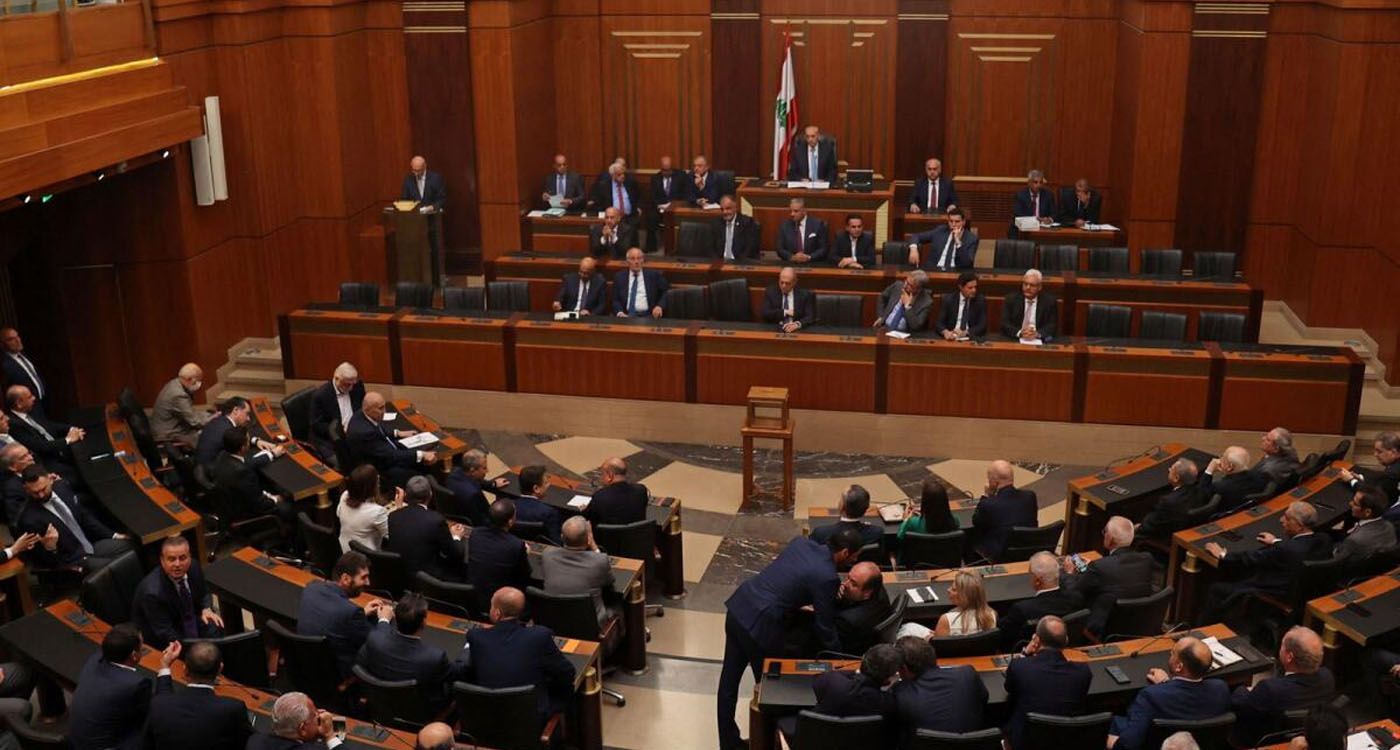
On December 8, 2024, a historic shift reshaped Syria as Bashar al-Assad's regime fell to the opposition in just ten days. This seismic event reverberated through Damascus and the wider region, drawing attention to the Middle East’s uncertain future at a particularly delicate time, with Israel’s war on Hamas and the conflict with Hezbollah in Lebanon.
Unlike in 2011, Iran’s efforts to salvage the regime failed, exposing fractures within its axis and its diminishing control over allied states. The Iraqi government and the Popular Mobilization Forces refrained from intervening in Syria’s affairs, while Hezbollah chose not to engage, citing its weakened state following the war with Israel and warnings from Israel against rescuing Assad’s government. Consequently, Hezbollah’s forces in Syria began returning to Lebanon. The aftermath of Hamas’ al-Aqsa Flood operation has significantly reduced Iran’s regional influence, suggesting a new Middle East is being shaped, fueled by Donald Trump's promise to end regional conflicts, revive the Abraham Accords and establish peace.
The dramatic developments in Syria coincided with the launch of the international committee’s mission to oversee Lebanon's ceasefire agreement. Led by US Major General Jasper Jeffers, it seeks to prevent violations, ensure adherence to the agreement and advance the implementation of UN Resolution 1701. The resolution requires Israel's withdrawal, the deployment of the Lebanese Armed Forces (LAF), and the relocation of Hezbollah fighters and their weapons to areas north of the Litani River. This effort aligns with the Taif Agreement, affirming the exclusive authority of the state over all arms.
Iran's influence has collapsed, yet Hezbollah and its supporters remain in denial. This sentiment was reflected by Secretary-General Naim Qassem, who declared, “The party has triumphed and prevented Israel from achieving its objectives,” while commending Iran’s unwavering support. He also stated that the ceasefire mechanism is limited to southern Lebanon, while a separate process is in place for reclaiming the Shebaa Farms and Kfarchouba Hills. Kassem emphasized that the resistance’s relationship with the Lebanese State and Army doesn’t concern Israel or any external committee.
In response to Hezbollah’s denial, the opposition stressed that the agreement applies to all of Lebanon, not just the south. They underscored that the Taif Agreement was signed by all Lebanese, not just one faction, and that Resolution 1701 applies to the entire country. They also noted that “Iranian influence is waning in Lebanon, collapsing in Syria and diminishing in Iraq,” which refused to intervene in Syria to save the regime.
Recent developments have led to the collapse of political Shiism and the tryptic “people, army and resistance.” Hezbollah’s regional influence is shattered, rendering it an ineffective asset for Iran. The concept of “unity of fronts” has come to an end following Hamas’ fall, Hezbollah’s defeat and the fall of Syria.
The unfolding situation in the region would have significant repercussions for Lebanon. Many observers doubt the feasibility of holding a presidential election session, despite President Nabih Berri setting it on January 9, suggesting an American wish to delay it. Several political forces have also called for the postponement to allow time for a potential agreement. This follows the position taken by Massad Boulos, Trump's advisor on Arab affairs, which was seen as a clear message advocating for the delay.
Diplomatic sources believe that waiting for Trump’s arrival to the White House could open the door for a drastic solution. The majority of opposition groups argue that Lebanon needs a president capable of resolving the crisis, not just managing it. Such a president, meeting the criteria set by the Quintet (the United States, France, Saudi Arabia, Qatar and Egypt), can only be elected once power dynamics shift. This urgency has driven Amal and Hezbollah, who once delayed the presidential election to secure their candidate, Sleiman Frangieh, to now push for immediate action. As the winds of change blow on the Middle East, the obstructionist axis (al-moumana’a) is seeking a resolution that preserves its achievements.
The denial reflected in Qassem’s latest speech shows the party’s intent to bargain. Meanwhile, opposition sources stress that this is not an option. They insist that the Taif Agreement, along with decisions from international, Arab and Lebanese authorities, must be the basis for any solution.




Comments